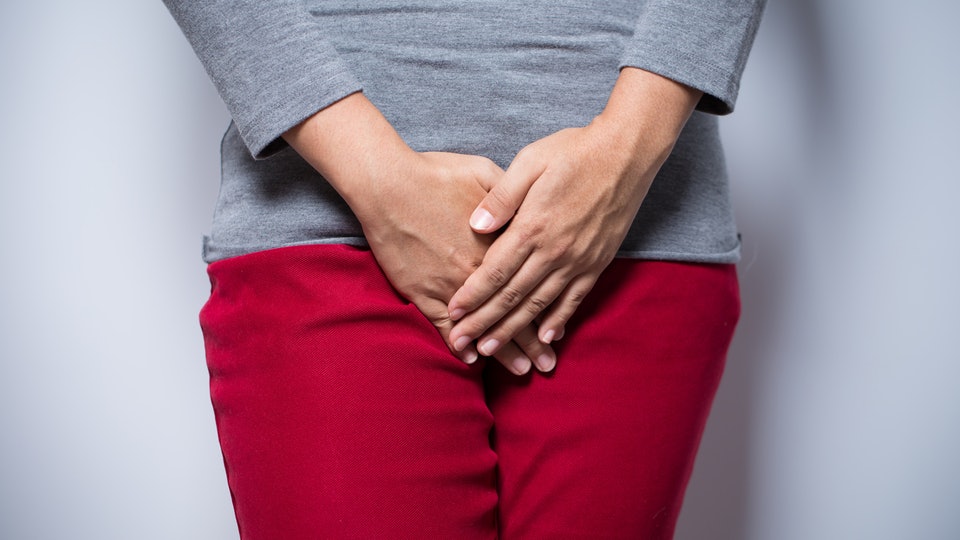If you’ve had four or more yeast infections within a year, then you may have recurrent yeast infections.
Frequent yeast infections aren’t just uncomfortable and a major disruption to your daily routine.
They could also signal more serious health conditions, like a hormonal imbalance, diabetes, or gastrointestinal issues like IBS.
Read on to learn more about candida infections and understand the best yeast infection treatment options. 
What are Yeast Infections?
The normal female vagina has yeast and bacteria cells.
A yeast infection also called candidiasis occurs when there is an imbalance with the presence of bacteria and yeast cells in the vagina. When the yeast cells outnumber the bacteria cells, it results to irritation, swelling and itching.
- They’re More Common Than You Think
Roughly 75% of women will have to deal with a yeast infection at some point in their lives – and about half of all women will have more than one yeast infection.
Recurrent yeast infections, though rarer, still impact anywhere from 5-8% of women.
But here’s something else you need to know: about 2/3 of women who buy over-the-counter yeast infection treatments aren’t actually dealing with candida overgrowth.
That’s why making an appointment with your doctor if you have frequent yeast infections is so key.
- They Can Impact Your Mood
Yeast infections can also wreak havoc on your mental health.
If left untreated, they can cause panic attacks, mood swings, and even anger. This is because these infections cause a dramatic imbalance in your gut bacteria – and this imbalance can increase cortisol levels and disrupt serotonin production.
Dr. Todd Watts says in the article entitled 8 Signs You Have A Candida Infection that candida infections have been known to cause incidents of anxiety and depression. To push the healing process, go out in the sun and get some Vitamin D. It can make you feel better by boosting both your mood and your immune system.
- They Can Be Triggered by Medication Changes
Have you recently switched up your birth control pill?
Are you currently taking antibiotics? Has your doctor prescribed you with medications designed to treat autoimmune diseases?
Do you use asthma inhalers, mouth guards, or even wear dentures?
These medications and treatments have all been linked to recurrent yeast infections.
- Fight Back with Probiotics
Curious about how to get rid of a yeast infection?
One of the best things you can do is to eat foods that are high in probiotics. These probiotics contain healthy bacteria that restore balance in your gut. Reach for things like yogurt, kimchi, sauerkraut, and kefir – or take a supplement.
In addition to taking a probiotic supplement, also limit the number of carbs you eat.
Your doctor may also prescribe you with an oral medication for yeast infection issues called fluconazole.
How Do You Know for Sure You Have a Yeast Infection?
Once you begin to notice certain changes in your vagina, the next thing to do will be to pay a visit to your doctor to get an official diagnosis.
A visit to the doctor will have you registering for a consultation. Here, the doctor asks certain questions then runs through your medical history with you. Some questions to expect is whether or not you have had such infections in the past and if there was a recent change in your daily routine.
Note that your doctor will ask questions regarding your sexual life this extends to how sexually active you are and if you have had an STI in the past.
After that, your doctor will likely recommend a pelvic exam. This is done with a view of examining the cervix and walls of the vagina. Other surrounding areas will be checked for a spread of the infection.
So, based on findings from the pelvic exam, cells may be collected from your vagina for further examination. The results should state the underlying problem and whether it is a yeast infection.
Stop Recurrent Yeast Infections from Controlling Your Life
The more you understand about recurrent yeast infections, the better success you’ll have with treating them.
Remember, especially if your body doesn’t respond to traditional treatments, the right thing to do is to make an appointment with your doctor. You may have another medical condition that’s causing these infections, or they may not be yeast infections at all.
Need more tips about how to take care of yourself?
Keep checking back in with our blog to make sure you understand the basics of women’s health, self-care, and healing.











